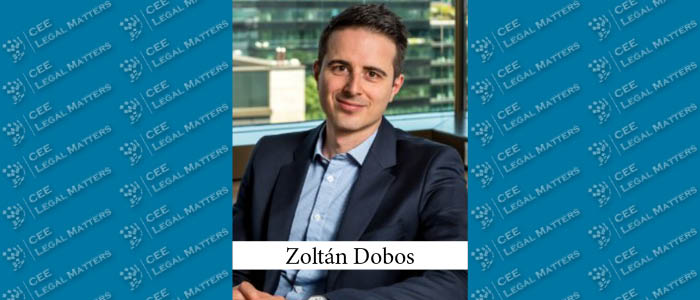In a previous article, we analyzed the phenomenon where courts typically reduce the attorney fees awarded to the winning party. This essentially forces the winner to incur unjustified losses, indirectly causing market distortion. Now, the Supreme Court has responded to this phenomenon with a precedent-setting, binding decision. Let's first look at the key developments and then how this affects litigation strategy!
Over a year ago, we wrote that after the conclusion of a lawsuit, the winner might still face significant unreimbursed costs despite their victory. The reason for this is that courts have the discretion to reduce the attorney fees that can be passed on to the losing party in their judgments. What was intended as an exceptional option has become the norm. Courts generally base fee reductions on two main reasons: in some cases, they compare the value of the case to the calculated attorney fees, while in other cases, they deem some of the specifically billed work hours as “unnecessary.”
In a recent decision, the Supreme Court interpreted the rule that allows for fee reductions in a way that overturned the current status quo in favor of the winners (the decision is available under reference Pfv.II.20.887/2023/6). Due to a 2019 reform, the Supreme Court's published decisions are directly binding on all lower courts, so in theory, lower courts will follow the Supreme Court's guidance in the future. We also covered the reform introducing the precedent system in an earlier article.
What Did the Supreme Court Say?
The Supreme Court responded to almost all the common justifications for fee reduction, adopting a position favorable to the winning party. The Supreme Court clarified that attorney fees determined by an hourly rate can only be reduced if they are “obviously contrary to market conditions and common sense.” The Court pointed out that attorney fees cover all expenses related to the attorney's own business, making the court’s opinion on the client-accepted fees irrelevant.
The Supreme Court also stated that the attorney's work cannot be assessed based on the number of pages in submissions or the number of hours spent in court, as significant portions of the work include client interactions, preparation, document analysis, and other preparatory tasks.
Furthermore, the Court indicated that the quality of the winning party's attorney's work cannot justify a reduction. This would be contradictory: the attorney's work led to a win, yet it is deemed inadequate.
One of the Supreme Court's most crucial steps was stipulating that courts cannot reduce litigation costs without specific, well-founded reasons, as this violates the parties' right to a fair trial. Courts must support even the cost-related parts of their decisions with detailed justifications based on the case files, providing a concrete basis for appeals.
What Does This Mean for the Future?
It is uncertain how quickly the Supreme Court's decision will change deeply rooted practices, but courts must apply this guidance even in ongoing cases. This will likely increase the number of appeals regarding litigation costs, as the potential benefits of such appeals have grown.
Previously, we noted that from an economic standpoint, initiating relatively low-value lawsuits often didn't make sense because the unrecovered litigation costs could end up being more expensive than the amount won. This also posed a rule of law issue, as it limited access to the courts on one hand, and encouraged contract breaches or other legal violations on the other. This trend may now reverse, providing effective legal protection to companies or individuals whose financial grievances are relatively minor. Consequently, the market distortion highlighted in our earlier article is likely to decrease, narrowing the situations where it is financially worthwhile to act unlawfully.
For the party expected to lose, prolonging the case with additional witnesses and motions will no longer be advantageous. Previously, one could try even low-chance arguments without financial consequences, but this is expected to change: the losing party will bear the extra costs of pointless delays at the end of the proceedings.
If a complex case appears uncertain, another factor will push the parties toward settlement. The financial risk associated with the case increases, as the loser will now be liable for the full attorney fees of the opposing party.
A client who selects their legal representative through a tender or from multiple offers can demonstrate that the attorney fees charged are not contrary to market conditions if there is no significant difference among the submitted offers, leaving no room for fee reduction.
Detailed and accurate time records will become more important. In economic matters, time-based hourly billing, which is more prevalent, may become easier to enforce than lump-sum agreements (e.g., fixed fees per document or hearing).
Overall, the Supreme Court’s decision marks a significant shift in litigation cost recovery, favoring those who win their cases and ensuring that losers fully bear the financial consequences of their loss.
By Zoltan Dobos, Attorney, Jalsovszky


